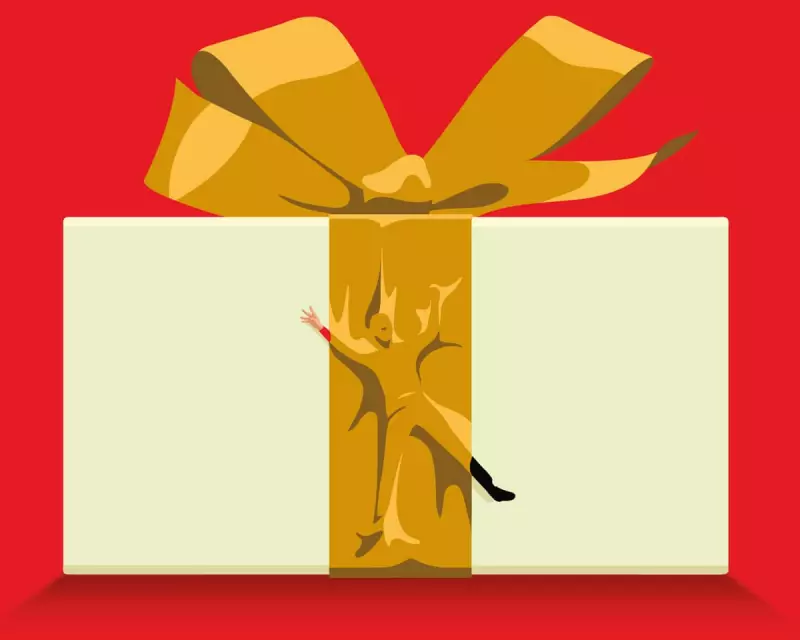
The Hidden Dangers Behind Our Gratitude Obsession
Gratitude has become ubiquitous in modern wellness culture. You'll find the word emblazoned on mugs, motivational posters, and mental health leaflets across the UK. This trend stems from over two decades of positive psychology research showing that maintaining a gratitude practice – typically writing down three to five things you're thankful for most days – delivers numerous psychological and physical benefits.
Even sceptical minds find themselves drawn to this simple habit. When practised consistently, noting everything from beautiful sunsets to neighbourly kindness genuinely boosts cheerfulness and connection. The appeal lies in its simplicity and cost-effectiveness. But beneath this surface simplicity lurks a more complex reality that we've largely ignored in our enthusiasm to embrace gratitude as a universal remedy.
The Power Dynamics of Thankfulness
Modern positive psychology typically defines gratitude as purely positive – a spontaneous feeling of joyful appreciation. However, Harvard psychologist William McDougall identified a darker complexity back in 1923. He observed that gratitude directed toward other people, rather than abstract experiences, often involves mixed emotions including envy, embarrassment, and what he termed negative self-feeling – what we'd now call low self-esteem.
The Japanese concept of arigata-meiwaku perfectly captures this complexity. It describes the annoying feeling when someone insists on doing you a favour you didn't want, yet social convention demands you express gratitude anyway. This discomfort stems from how gratitude disrupts power balances and increases feelings of obligation. The benefactor occupies the superior position, bathed in generous glory, while the recipient must figuratively doff their cap in thanks.
When Gratitude Reinforces Oppression
Focusing on gratitude's potential to obligate, diminish, or confuse might seem mean-spirited. Yet as #feelingblessed becomes performative, understanding these aspects becomes crucial, particularly regarding how they reinforce social hierarchies.
One heartbreaking example involves 13-year-old orphan Eyo Ekpenyon Eyo II, who travelled from British-occupied west Africa to a missionary school in Colwyn Bay, Wales, in 1893. Within six months, Eyo wrote to his patron begging to return home. The cold weather made him sick, and he feared for his life – a reasonable concern given three west African pupils had already died at the school.
When British newspapers discovered Eyo's plea to return home, they viciously labelled him spoilt and ungrateful. Their language dripped with colonial assumptions about who should feel grateful to whom. Similar dynamics persist today. Author Dina Nayeri describes in The Ungrateful Refugee how as a child refugee from Iran, she was expected to feel so lucky, so humbled to be in the United States. She later recognised this politics of gratitude transformed her human right to refuge into a gift requiring repayment through submission and silence – becoming the good immigrant who stays in her lane.
The Psychological Costs of Compulsory Thankfulness
Psychologists now term these negative aspects the dark side of gratitude. Beyond risking toxic positivity by encouraging repression of painful feelings, gratitude carries other dangers. Research shows people are more likely to transgress moral codes on behalf of someone they feel grateful toward.
Members of marginalised groups, including women and LGBTQ+ people, become less likely to complain about unfair treatment when reminded how lucky they are compared to previous generations. Most alarmingly, studies with women in abusive relationships demonstrate how gaslit individuals who believe they cannot survive without their abuser feel obliged to stay due to gratitude.
This connection between power and demanded gratitude extends throughout society. When high-power individuals feel insecure – such as having their failings pointed out – they often berate perceived inferiors for ingratitude. This dynamic became visible when Donald Trump and JD Vance criticised Volodymyr Zelenskyy for insufficient gratitude, echoing similar demands from former UK defence secretary Ben Wallace in 2023.
Finding Balance in Our Thankfulness
Despite these complexities, we needn't abandon gratitude altogether. Current research reminds us that, like all emotions, gratitude exists on a spectrum. Too little gratitude risks entitlement and alienation of those trying to help. Too much may open us to exploitation by amplifying others' power over us.
Context remains crucial. Strategies exist to mitigate risks, such as focusing gratitude on circumstances rather than individuals – feeling grateful for or that rather than grateful to – which sidesteps power issues. When bosses, parents, or partners demand more gratitude than feels appropriate, questioning why becomes essential.
What appears as ungrateful behaviour in our hierarchical world might actually represent self-preservation or political defiance, echoing Malcolm X's question: How can you thank a man for giving you what's already yours?
Sometimes gratitude needs expiration dates. Artist Brian Lobel, who experienced cancer as a young person and now creates rituals for others moving into post-cancer life, observes that for all we feel thankful, sometimes we have to release ourselves from the burden to move on with our lives.
Gratitude matters, but recognising its limits matters equally. The challenge lies in balancing thankfulness with clear-eyed awareness of when it serves our wellbeing and when it undermines it.






